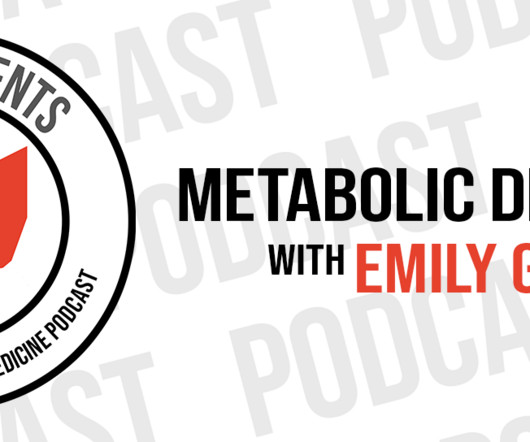Episode 322: Antiracism in Medicine – Episode 24 – Leveraging Narrative Medicine to Cultivate Antiracist Praxis
The Clinical Problem Solvers
MARCH 4, 2024
She discovered narrative medicine, and to her, it was about finding and retelling individual and structural stories in antiracist ways. Listening to individual stories within the context of their structural stories is important. Listening to individual stories within the context of their structural stories is important.












Let's personalize your content